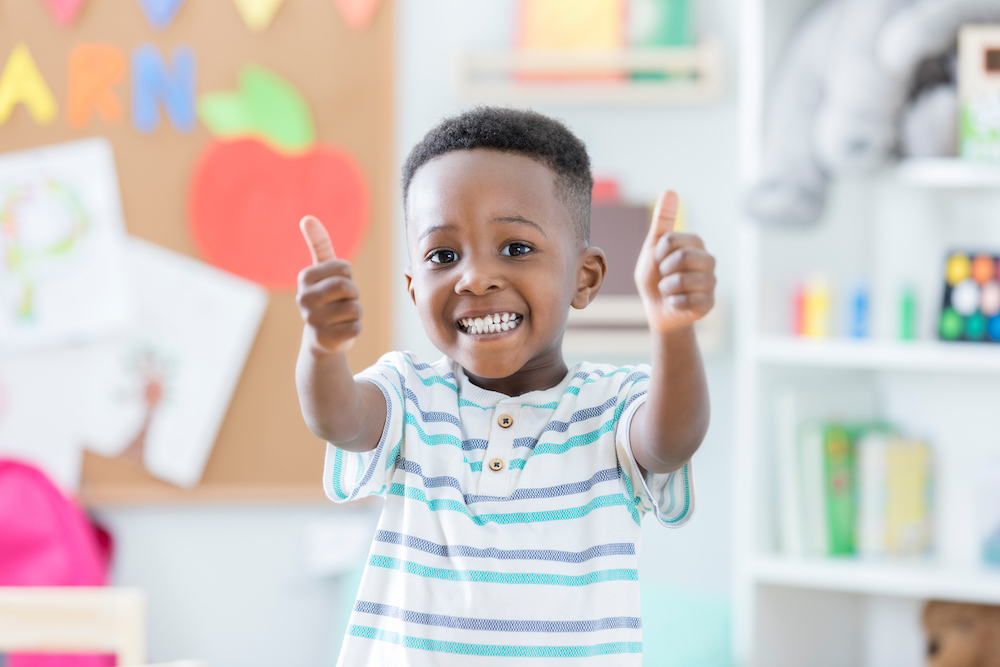Topics

PHOTO: Getty Images
Due to the astounding number of stressors 2020 has thrown our way, namely, the COVID-19 pandemic, it is sometimes hard to think past our own daily needs just to get by. Nevertheless, broadening our focus to include acts of kindness towards others may actually be just the right medicine we need.
Kindness, research shows, has many benefits, including physical effects, such as lower blood pressure, fewer aches and pains, less inflammation, and even slower aging and living longer lives. Kind acts lead our brain to release hormones – dopamine, serotonin, oxytocin and others – causing a “helper’s high” that has similar benefits to physical exercise. These planned and/or random kind acts activate new brain areas leading to better sleep, feeling less stressed and more relaxed, and have a positive impact on our appetite, energy level and even memory.
Aside from these physical benefits, kindness is also soothing for the soul. Individuals feel happier and more optimistic when we help others. Some studies with children have even highlighted kindness supporting empathy and compassion. In one study, children who engaged in three kind acts over a period of four weeks were more socially accepted and experienced less bullying themselves. In addition, their academic performance increased.
Further, kindness is contagious (perhaps one of the few good things that is!). Whether from the “pay it forward” movement specifically or just daily ripples, recipients of kindness are often then kindness drivers themselves. Think about a time someone held the door for you or paid for your coffee. I for one know I was much more likely to give someone else the benefit of the doubt or to offer help in some way.
Kindness can take many forms: From interpersonal kindness to kindness towards animals or our Earth and even ourselves at times. Families and communities can model this compassion leading our youth to learn its real value. As parents, there are many ways we can be intentional about modeling kindness:
- Choose books, movies or shows with kindness themes
- Talk about ways we experience kindness in our daily lives, including at school and in the home
- Discuss examples of kindness (or ways someone could have been more kind) in our daily lives or in the books, movies, shows, daily news programs we view
Adding a daily check-in regarding how your child was kind to someone will speak volumes towards building their self-efficacy in making a difference. In regularly celebrating intentional acts of kindness, it helps normalize these acts, and ideally encourages their frequency, as opposed to when we only call attention to random kind acts.
For kids overwhelmed by the surreal events of 2020, kindness also provides an element of control, as well as a way to cope. We can choose to be kind in any situation, and having control helps lower stress and anxiety. Even amid the COVID-19 pandemic, there are many avenues we can practice kindness, including:
- Donating money or food to the local foodbank,
- Helping neighbors run errands,
- Calling grandparents and those who are isolated in their homes,
- Sending a card to family or friends,
- Sharing a favorite toy with a sibling,
- Complimenting someone,
- Helping with extra chores,
- Letting someone go in front of you,
- Sending a thank you note to your child’s teacher,
- Mowing a neighbor’s yard,
- Picking up trash,
- Forgiving someone, maybe even yourself,
- Engaging in a “Rake and Run” activity for our neighbors lucky enough to have fall leaves,
- Writing positive messages on or creating sidewalk art,
- Sending a care package, and,
- Giving yourself grace.
When thinking of your new year’s resolution for 2021, I hope you will remember this: “In a world where you can be anything, be kind.” (unknown)
Additional kindness resources:
- The health benefits of a random act of kindness (CNN)
- How Performing Acts of Kindness Can Benefit Our Kids—Plus 11 Great Ideas To Get Them Started (Parents Together)
- The Helper’s High (Greater Good Magazine)
- Kindness Activities and Ideas for Kids (Kirsten’s Kaboodle)
- The Science of Kindness (Random Acts of Kindness)